The Department of Information Technology was started in 2001 It offers UG - B.Tech.(IT), PG - M.Tech.(IT) (Statrted in the Year 2012), and Ph,D (Started in the Year 2017) Programme and all the programmes are affiliatied by Anna University, Chennai and approved by AICTE, New Delhi. This department is functioning as approved Research Centre by the Anna University, Chennai With an excellent laboratory and research facilities, the programme was got Permanent Affiliation from Anna University Chennai and got Accreditation of NBA, The Department of Information Technology is the oldest department in this institution and it occupy a prominent place. The faculty members are dedicated to teaching with the desire of taking research. We have well equipped and furnished IT lab with state-of-art technologies, having connected by campus Area Networks with 180 Mbps high-speed internet connectivity. The department focuses on the overall performance of building IT professionals and our students are focused on the use of the conceptual understanding of core domain areas in Computing as well as enhanced programming skills disseminating their analytical abilities. Our aim is to provide our students with lifelong learning and leadership skills that enable them to grow in their professions and advance to positions of responsibility by effective Industry-Institute Interaction. The Department has an excellent placement record and the placed students are in prestigious software industries all over the world.












To nurture a generation of IT professionals empowered with technological expertise, innovation mindset, and commitment to global sustainability.
To deliver industry-ready curriculum enriched with emerging technologies, hands-on learning, and interdisciplinary exposure.
To provide modern infrastructure and a collaborative environment that supports innovation, research and continuous learning.
To empower ethical digital citizens contributing to inclusive and sustainable technological solutions.
Programme Educational Objectives (PEOs): (Information Technology
PEO 1 : Core Competency: Apply foundational knowledge in computing, programming, data management, and system design to create reliable and scalable solutions.
PEO 2 : Professionalism: Exhibit effective interpersonal, professional, and analytical skills in cross-functional teams within diverse cultural and organizational settings.
PEO 3 : Career Development: Drive technological growth by integrating lifelong learning, research, and innovation to deliver sustainable transformative IT solutions.
Programme Outcomes (POs) of B.Tech. - Information Technology
Engineering Graduates will be able to:
PO1 : Engineering Knowledge: Apply knowledge of mathematics, natural science, computing, engineering fundamentals and an engineering specialization as specified in WK1 to WK4 respectively to develop to the solution of complex engineering problems.
PO2: Problem Analysis: Identify, formulate, review research literature and analyze complex engineering problems reaching substantiated conclusions with consideration for sustainable development. (WK1 to WK4)
PO3 : Design/Development of Solutions: Design creative solutions for complex engineering problems and design/develop systems/components/processes to meet identified needs with consideration for the public health and safety, whole-life cost, net zero carbon, culture, society and environment as required. (WK5)
PO4 : Conduct Investigations of Complex Problems: Conduct investigations of complex engineering problems using research-based knowledge including design of experiments, modelling, analysis & interpretation of data to provide valid conclusions. (WK8).
PO5 : Engineering Tool Usage: Create, select and apply appropriate techniques, resources and modern engineering & IT tools, including prediction and modelling recognizing their limitations to solve complex engineering problems. (WK2 and WK6).
PO6 : The Engineer and The World: Analyze and evaluate societal and environmental aspects while solving complex engineering problems for its impact on sustainability with reference to economy, health, safety, legal framework, culture and environment. (WK1, WK5, and WK7).
PO7 : Ethics: Apply ethical principles and commit to professional ethics, human values, diversity and inclusion; adhere to national & international laws. (WK9)
PO8 : Individual and Collaborative Team work: Function effectively as an individual, and as a member or leader in diverse/multi-disciplinary teams.
PO9 : Communication: Communicate effectively and inclusively within the engineering community and society at large, such as being able to comprehend and write effective reports and design documentation, make effective presentations considering cultural, language, and learning differences.
P10 : Project Management and Finance: Apply knowledge and understanding of engineering management principles and economic decision-making and apply these to one’s own work, as a member and leader in a team, and to manage projects and in multidisciplinary environments.
P11 : Life-Long Learning: Recognize the need for, and have the preparation and ability for i) independent and life-long learning ii) adaptability to new and emerging technologies and iii) critical thinking in the broadest context of technological change. (WK8)
Program Specific Outcomes (PSOs)
PSO 1 : Database Tools and Technologies: Utilize modern DBMS tools and technologies such as MySQL, Oracle, MongoDB, and cloud-based databases to build scalable data solutions.
PSO 2 : App Design and Development: Design and develop user-friendly, responsive, and scalable mobile applications using modern platforms such as Android and iOS.
Curriculum & Syllabus (B.Tech. – Information Technology)
We adopt the syllabus framed by the Anna University Chennai. Care is taken to keep the syllabus up to date and in tune with the requirements of the industry.
Curriculum & Syllabus (M.Tech. – Information Technology)
UG : B. Tech - Information Technology
PG : M. Tech - Information Technology
Ph.D. - Information Technology in Faculties of Information and Communication Engineering (ICE), Anna University.
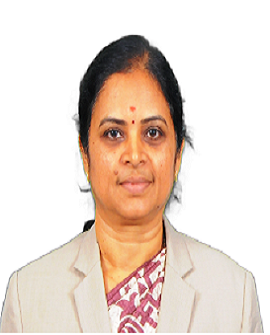
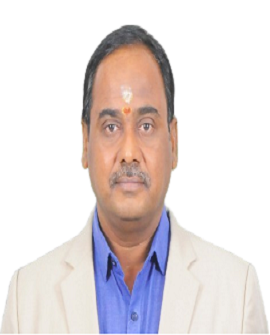
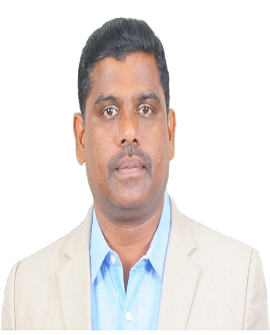
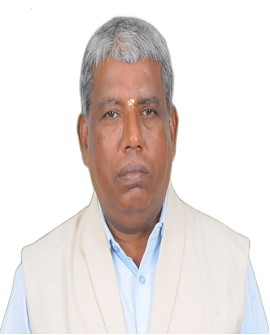
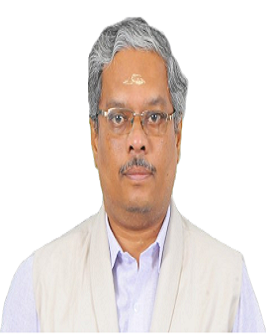
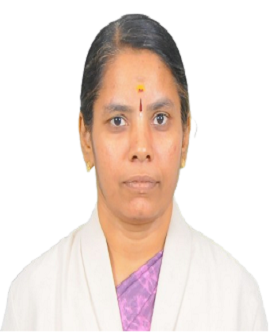
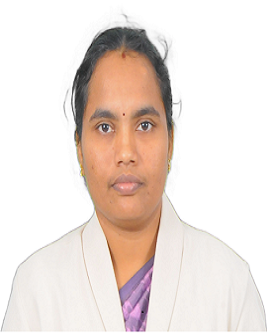
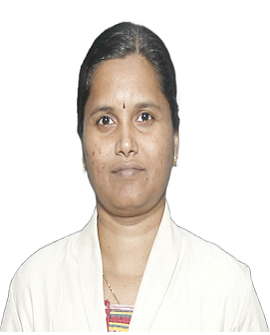
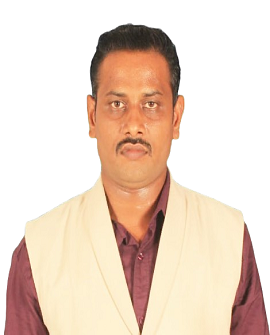
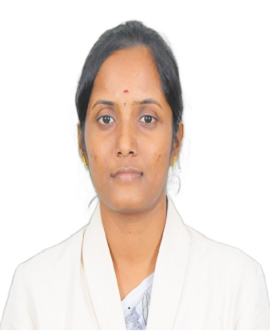
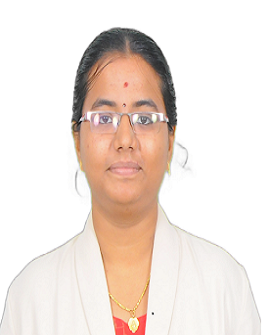
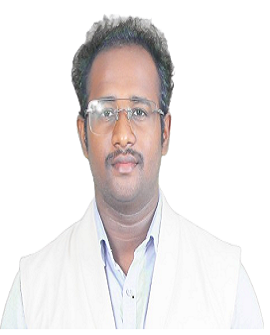
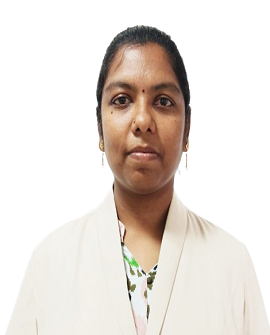
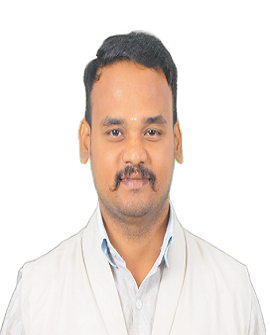
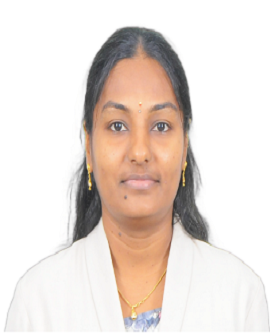
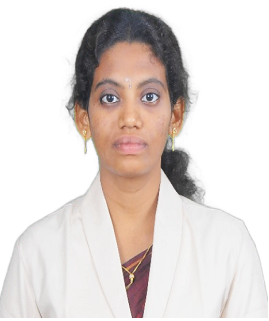
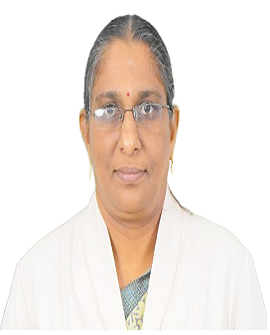
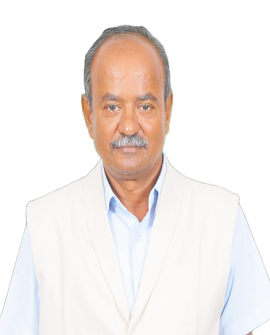
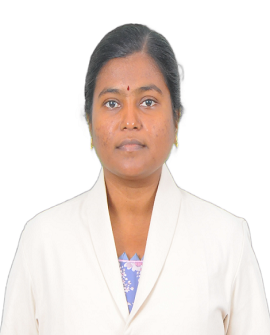
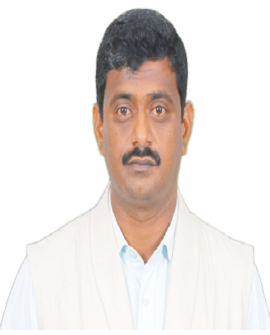
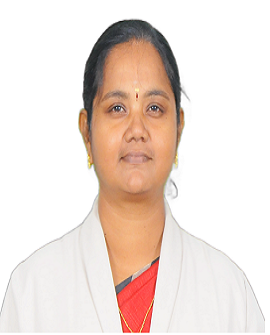
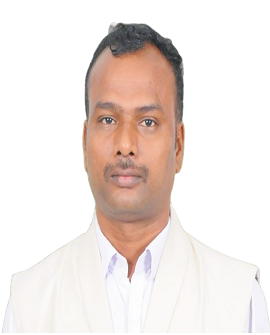

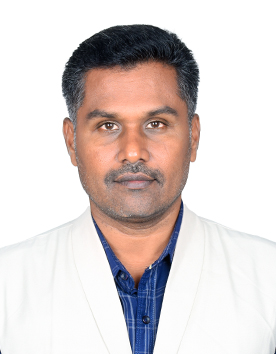
Research work is a important part of every department at K.S.R. College of Engineering. Here’s the roundup of the research work – publications, patents, Grants and programs organized by the department.
Each department has connections with relevant industry professionals, tie-ups through MOUs with companies in order to facilitate Internships, Industry visits, Projects, Knowledge Sharing Expert Sessions by industry experts. This greatly helps us to bring in the industry-perspective into the courses being taught and a hands-on learning for the students.
I'm so grateful for the experiences and connections I made during my time at KSR College of Engineering. Department Information Technology helped me develop valuable skills and knowledge that have been instrumental in my success. The faculty and staff were supportive and inspiring, and my fellow alumni have become a lifelong network of friends and mentors. KSRCE was a transformative experience that shaped my skills, knowledge, and network. I'm proud to be part of a community that continues to inspire and support me in my personal and professional journey."
My memories in KSR College are mostly magical. Which has helped as a building block for my career helping me in what I am today. The engaging classes I took and wonderful professors I worked with encouraged me to become a software engineer.
Phone : 6383745401
Email : angurajs@ksrce.ac.in
Phone : 9942544353
Email : k.balamurugan@ksrce.ac.in